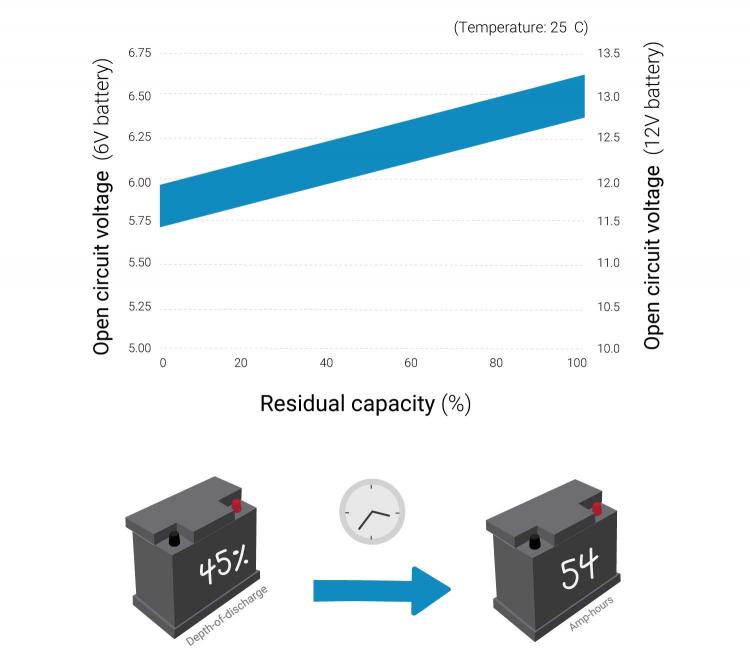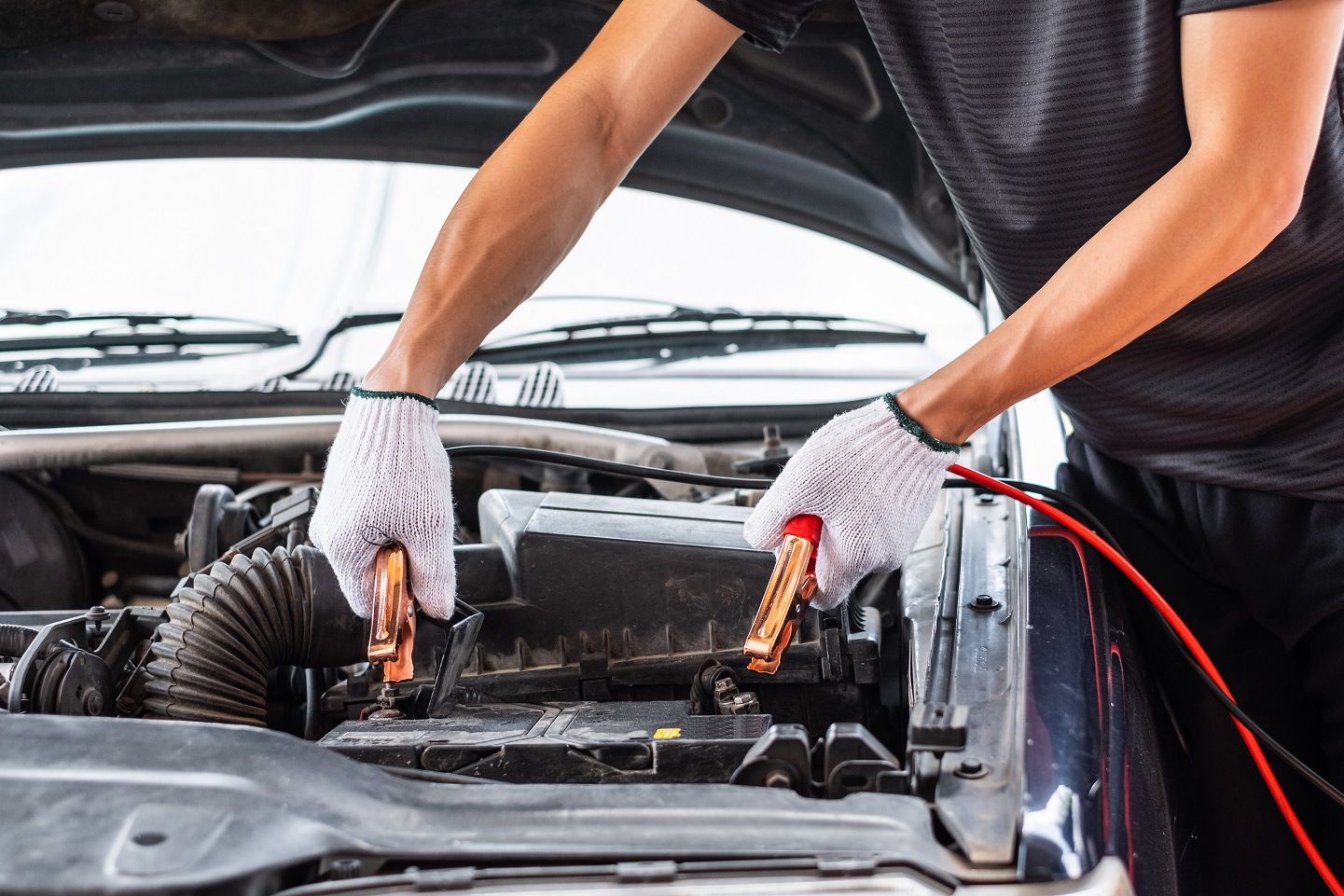In today’s fast-paced world, where time is of the essence, we rely heavily on our vehicles to get us from point A to point B efficiently. However, nothing can be more frustrating than being stranded due to a dead car battery. We’ve all been there, anxiously waiting for our battery to recharge, while wondering just how long it will take. So, how long does a car battery charge actually take? In this article, we will delve into the factors that affect charging time and provide you with expert insights to help you better understand this crucial aspect of car maintenance.
The duration it takes to charge a car battery depends on several factors, such as the type and condition of the battery, the charging method used, and the level of charge the battery currently holds. Whether you are using a traditional charger or opting for a more advanced smart charger, the charging time can vary significantly. Furthermore, external factors such as temperature and voltage can also impact the charging process. So, if you’re eager to know how long it will take for your car battery to recharge and get you back on the road, stay tuned as we explore the intricacies of this topic and provide you with valuable tips to ensure a smooth and efficient charging experience.
How long does a car battery charge take?
A car battery typically takes around 4 to 24 hours to fully charge, depending on the charger’s amperage and the battery’s capacity. It’s recommended to use a 4-amp charger for a 12-volt battery and charge it overnight for optimal results. Charging times may vary based on these factors, so it’s best to consult your battery’s manufacturer guidelines for specific recommendations.

How Long Does a Car Battery Charge Take?
In order to understand how long it takes to charge a car battery, it is important to consider a few factors. Firstly, the size of the battery and its current state of charge will play a role in determining the charging time. Additionally, the type of charger being used and its charging rate will also impact the overall time required. Let’s explore these factors in more detail.
Step 1: Assessing Battery Size and State of Charge
Before charging a car battery, it is crucial to determine its size and current state of charge. Most car batteries have a capacity of 40 to 70 ampere-hours (Ah). The state of charge is measured in a percentage, with 100% indicating a fully charged battery. If your battery is completely dead, it may take longer to charge compared to a partially discharged battery.
To assess the state of charge, you can use a battery voltage tester or a multimeter. A fully charged battery typically reads around 12.6 volts. If the voltage is significantly lower, it means the battery is discharged and will require more time to charge.
Step 2: Choosing the Right Charger
The type of charger you use can significantly affect the charging time. There are three main types of chargers: slow chargers, fast chargers, and trickle chargers.
Slow chargers are typically recommended for overnight charging and provide a low charging rate of around 2-10 amps. These chargers are ideal for fully charging a battery but may take several hours to do so.
Fast chargers, on the other hand, offer a higher charging rate of around 20-50 amps. These chargers can charge a battery to about 80% within a couple of hours. However, it is important to note that fast charging can potentially damage the battery if not used correctly.
Trickle chargers provide a very low charging rate, usually less than 2 amps. They are designed to maintain the charge of a fully charged battery and are not suitable for charging a completely dead battery.
Step 3: Calculating Charging Time
To calculate the approximate charging time, you can use the following formula:
Charging Time (in hours) = Battery Capacity (in Ah) / Charging Rate (in amps)
For example, if you have a 60 Ah battery and are using a 10-amp charger, the charging time would be approximately 6 hours. However, keep in mind that this is just an estimate, as factors like battery age and condition can also influence the charging time.
It is important to regularly check the battery during the charging process to ensure it does not overheat. If you notice any unusual behavior or excessive heat, stop the charging process immediately and consult a professional.
By considering the battery size, state of charge, charger type, and charging rate, you can estimate how long it will take to charge your car battery. Remember to follow safety guidelines and manufacturer instructions when charging your battery to ensure optimal performance and longevity.
Frequently Asked Questions
Here are some common queries related to the charging time of a car battery:
How long does a car battery charge take?
Charging time for a car battery can vary depending on several factors. The average time it takes to charge a completely drained car battery is around 4 to 6 hours. However, this can be influenced by the battery’s capacity, the charging method used, and the condition of the battery.
If you are using a regular charger, it may take longer to charge the battery compared to using a smart charger. Smart chargers can detect the battery’s condition and adjust the charging process accordingly, which can significantly reduce the charging time. Additionally, if the battery is only partially discharged, it will take less time to charge compared to a completely drained battery.
Can I charge a car battery overnight?
It is generally not recommended to charge a car battery overnight. Leaving a battery connected to the charger for an extended period can overcharge the battery, causing damage and reducing its lifespan. It is best to monitor the charging process and disconnect the battery once it is fully charged.
If you need to charge your car battery overnight due to specific circumstances, you should consider using a smart charger that has an automatic shut-off feature. This feature helps prevent overcharging by cutting off the charging process once the battery reaches its full capacity.
Does the charging time differ for different battery types?
Yes, the charging time can vary depending on the type of battery. Conventional lead-acid batteries, commonly found in most vehicles, usually take longer to charge compared to other types of batteries. They typically require a slower charging process to avoid damage to the battery cells.
Newer technologies like lithium-ion batteries are known to have shorter charging times. These batteries can be charged at a faster rate, reducing the overall charging time. It is important to refer to the battery manufacturer’s guidelines or consult a professional to determine the appropriate charging time for your specific battery type.
Can extreme temperatures affect the charging time?
Extreme temperatures can indeed affect the charging time of a car battery. Cold weather conditions can slow down the charging process, while hot weather can speed it up. This is because temperature affects the chemical reactions occurring inside the battery.
In cold temperatures, the chemical reactions slow down, resulting in a longer charging time. On the other hand, in hot temperatures, the chemical reactions occur at a faster rate, reducing the overall charging time. It is important to keep in mind that extreme temperatures, whether hot or cold, can also have a negative impact on the battery’s overall performance and lifespan.
Can I use my vehicle’s alternator to charge the battery?
Yes, you can use your vehicle’s alternator to charge the battery, but it may not be the most efficient method. The alternator is primarily designed to maintain the charge of the battery while the engine is running, rather than fully charging a completely drained battery.
If your car battery is completely discharged, it is recommended to use an external charger to ensure a proper and efficient charging process. Using the alternator alone may take a significantly longer time to charge the battery, and it may not provide the necessary charging voltage for a complete charge.

How Do I Recharge My Car Battery | How Long To Charge A Car Battery At 2 AMPS
In conclusion, determining the amount of time it takes to charge a car battery is not a simple matter. Several factors come into play, including the battery’s current state of charge, its capacity, the charging method used, and various environmental conditions. While a general estimate suggests that it takes around 4-8 hours to fully charge a car battery, it is crucial to consider these variables to get a more accurate idea.
To optimize the charging process and ensure the longevity of your car battery, it is recommended to follow the manufacturer’s guidelines and use a high-quality battery charger. Additionally, keeping the battery and charging equipment clean and maintaining proper ventilation during the charging process can enhance the efficiency and safety of the charging process. Remember, taking care of your car battery not only prolongs its lifespan but also ensures that your vehicle is always ready to hit the road, free from any unexpected power issues.
